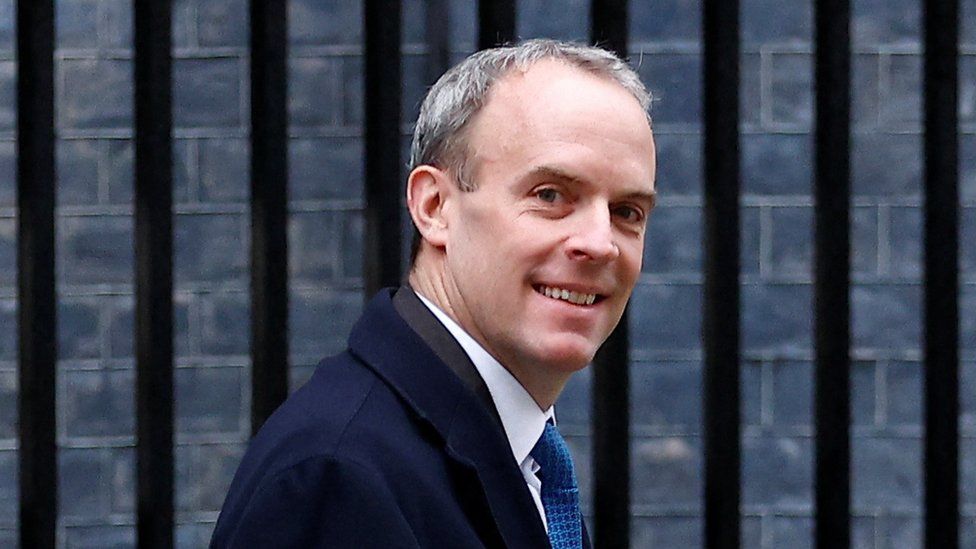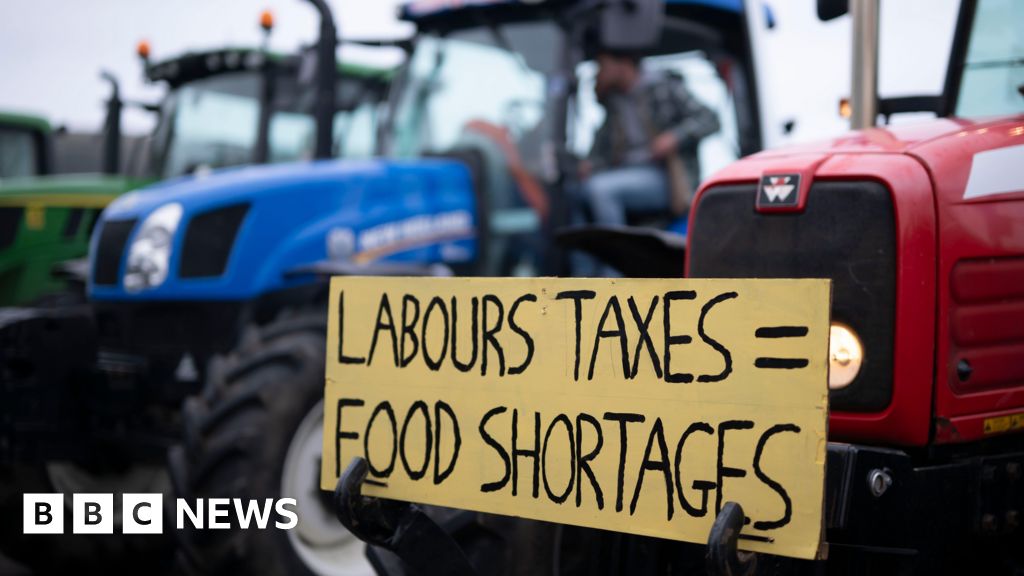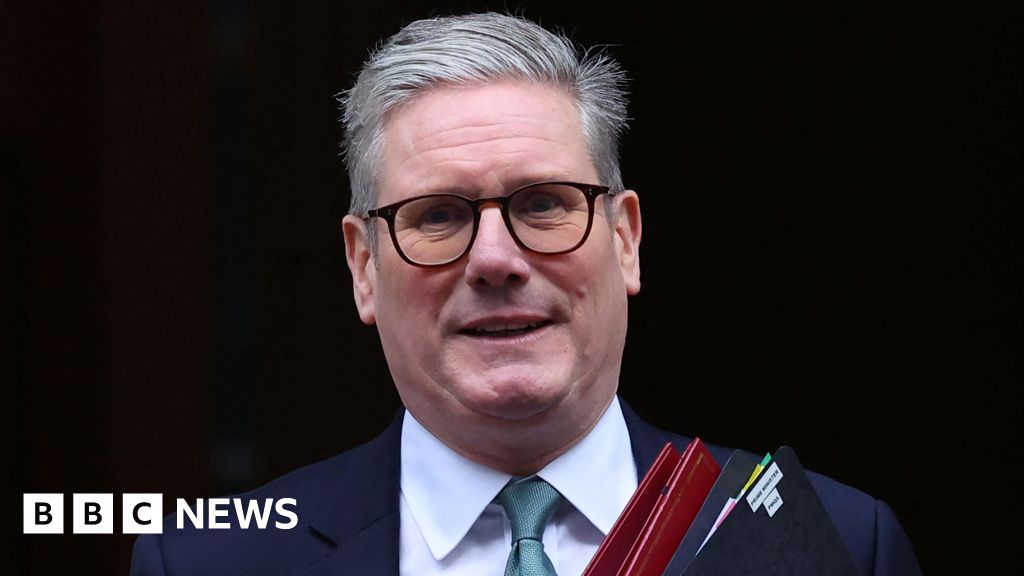ARTICLE AD BOX
 Image source, Reuters
Image source, Reuters
Deputy Prime Minister Dominic Raab denies bullying civil servants during earlier roles in government
By Chris Mason & Nick Eardley
BBC political editor & political correspondent
Days after the prime minister sacked his party chairman, another staffing time bomb is ticking under his government.
Ministers tell us privately they expect Rishi Sunak's deputy, Dominic Raab, to be the next senior figure to be shown the door by the prime minister.
The deputy prime minister and justice secretary has a senior lawyer crawling over his conduct in three government departments.
He is the subject of eight formal complaints.
The trade union the First Division Association, which represents civil servants, has said it understands dozens of people are involved in those complaints.
Mr Raab has repeatedly denied being a bully or breaking the ministerial code.
Plenty of people who have worked with Mr Raab speak highly of doing so, although even those that do often describe him, as one minister did, as "robust."
Others, like the senior figure quoted above, are much more critical.
Right now, all of this is being looked into by Adam Tolley KC, the lawyer appointed by the prime minister to interview witnesses and write a report about what has happened.
The inquiry, which is speaking to witnesses right now, means people, including those with the strongest views and most arresting personal experiences of working with Mr Raab, are very reluctant to talk publicly about it.
But we wanted to share with you what people who have worked for Mr Raab, serve alongside him in government and in the Conservative Party are saying to us privately.
And explore why it is that the prime minister appears to have a persistent human resources problem: a party chairman sacked, a loyal supporter in Sir Gavin Williamson, a former minister, resigning over bullying allegations he said he refuted, and now this.
'It's no secret'
One source said, of a department in which Mr Raab had worked, "everyone knew".
"Everyone in Westminster, I mean everyone, has known about this for ages. It's no secret. And anyone who says they haven't has chosen not to listen," said another minister, adding, "He should have gone ages ago."
It raises the question of how much Mr Sunak ought to have known at the point he appointed Mr Raab last October.
The prime minister has always insisted, as he did here under repeated questioning in a BBC interview in November, that he didn't know of any "formal" complaints about Mr Raab when he appointed him his deputy.
November 2022: Was Rishi Sunak aware of Dominic Raab complaints?
Months later, it is this formulation that he is leaning on once again.
Incidentally, following the interview in November, a series of formal complaints were made, after Mr Sunak publicly encouraged them to be, and the inquiry by Mr Tolley was set up.
Is it credible Mr Sunak knew nothing whatsoever of Mr Raab's reputation? Was he sufficiently curious?
'It's going to be massive'
Mr Raab has told the BBC he is confident he has "behaved professionally throughout" but made "no apologies for having high standards".
His allies insist he's not going to step down, he is "cracking on with the day job" and he "will answer anything in the fair and formal setting" of his expected interview with Mr Tolley.
Mr Raab was the most loyal ally during Mr Sunak's first - and doomed - attempt to become prime minister.
Was Mr Sunak blinded by a desire to repay Mr Raab's loyalty? Or is it right that he puts real weight on formal complaints, rather than the ever vibrant currency of Westminster gossip?
The simple truth is that after a few weeks of Nadhim Zahawi's fate being the government's oxygen snatcher, the fate of Mr Raab has now taken its place.
And that is prompting irritation.
"There isn't much sympathy for him, but due process must be followed," a senior minister says.
That due process is likely to last a few more weeks yet.
"I've never seen this side to his personality. He's always been courteous to me," another minister reflects before adding, "While I am surprised by it, it clearly can't be ignored, given the alleged scale of it."
Many are also privately pondering how different this investigation is compared to the one into Mr Zahawi, which took less than a week.
That was about establishing a paper trail, or the lack of one, about how much, or little, he'd told various bosses about his tax affairs.
The inquiry into Mr Raab rests much more on how behaviour is perceived.
One figure who would like to see the back of Mr Raab fears it is a big leap from someone who might be difficult to work with to bullying.
Others are more confident.
"Bullying is going to be the next MeToo," one Conservative MP says, in reference to the widespread and worldwide revelations of sexual harassment in recent years.
"It's going to be massive. And all this has such an inevitability about it."

 1 year ago
30
1 year ago
30








 English (US)
English (US)